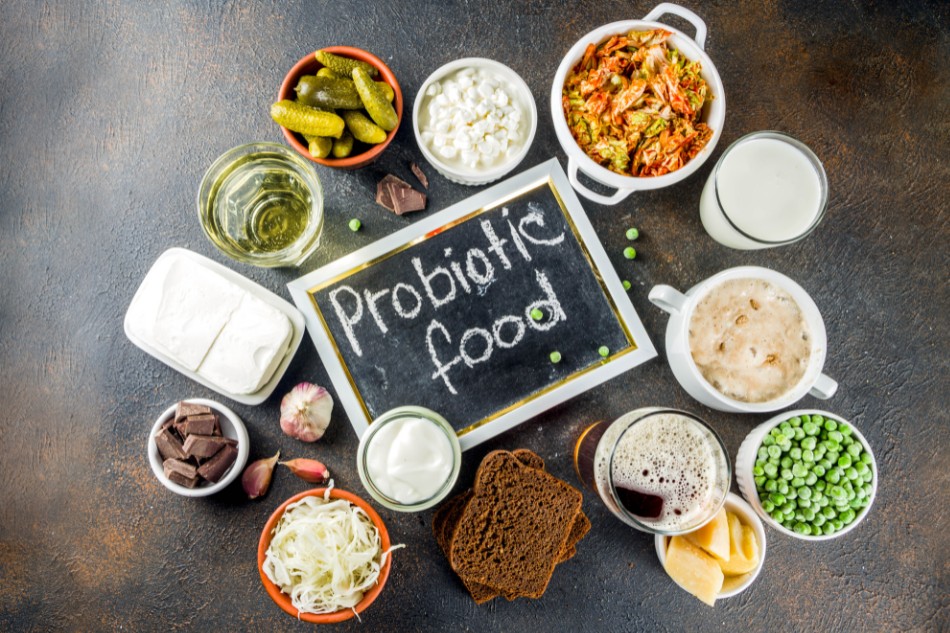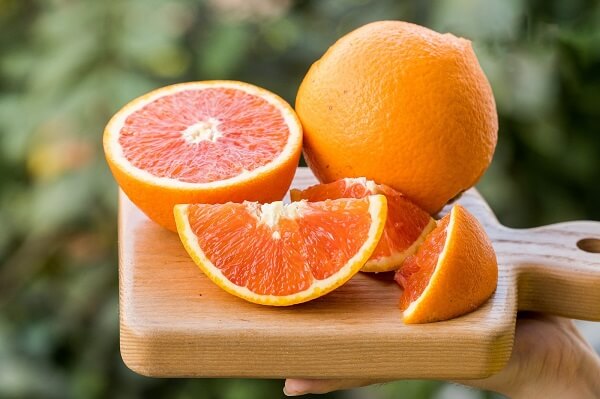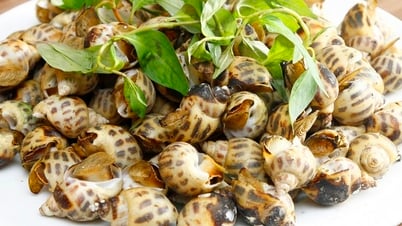If you are wondering how to boost your immunity, consider making lifestyle and dietary changes, prioritizing foods with antibacterial, antiviral, and anti-inflammatory properties to help protect your body from the risk of disease.
1. How does nutrition affect the immune system?
Adequate nutrition is essential for the health and function of all cells, including immune cells. According to Harvard University's nutrition resource, malnutrition or a diet lacking in one or more nutrients can impair the production and function of immune cells and antibodies.
A diet that is poor in variety and low in nutrients, such as one that consists primarily of ultra-processed foods, can negatively impact a healthy immune system. It is also believed that a diet high in refined sugars and red meat and low in fruits and vegetables can promote disruption of healthy gut microbiota, leading to chronic intestinal inflammation and associated immune suppression.
Nutrients that have been identified as important for the development and function of immune cells include: vitamin C, vitamin D, zinc, selenium, iron, and protein. They are found in a wide variety of plant and animal foods.
Scientists have discovered that the microbiome plays an important role in immune function. The gut is the main site of immune activity and production of antimicrobial proteins. A diet high in plant-based fiber, including fruits, vegetables, whole grains, and legumes, supports the growth and maintenance of beneficial bacteria. Some beneficial bacteria break down fiber into short-chain fatty acids that stimulate immune cell activity. These fibers are called prebiotics because they feed the bacteria. Therefore, diets containing probiotics and prebiotic foods benefit the immune system.

Diets containing probiotics benefit the immune system.
2. Some foods help strengthen the body's immunity
Garlic
The active ingredient in garlic, allicin sativum, is believed to have antiviral and antibacterial effects against the common cold. When eaten raw, garlic releases allicin, which is absorbed by the body and boosts immune function.
Turmeric
Turmeric contains curcumin, a compound with powerful anti-inflammatory and antioxidant properties. Research has shown that curcumin can modulate the activity of T cells, B cells, and natural killer cells.
Due to its high anti-inflammatory properties, turmeric supports overall immune function and is effective in treating a number of diseases such as: enteritis, diabetes, arthritis...
Ginger
People have long relied on ginger's ability to boost the immune system. It is believed that ginger helps break down the buildup of toxins in the body's organs due to its warming effects.
Research shows that ginger has antibacterial properties, helping to treat inflammatory disorders caused by infectious agents such as viruses, bacteria and parasites.
Green tea
Green tea contains antioxidants and immunomodulatory properties. Cell studies have shown that tea catechins and other compounds in green tea help prevent the proliferation of influenza and certain cold viruses, and help boost immune function.
Foods containing beta-carotene
Beta-carotene has powerful antioxidant properties, helping to reduce inflammation and fight oxidative stress. Instead of taking beta-carotene supplements, researchers suggest that beta-carotene can be promoted through diet by eating foods rich in carotenoids.
The richest sources of immune-boosting beta-carotene are yellow, orange, and red fruits and vegetables, along with green leafy vegetables.
Foods rich in vitamin C
Foods rich in vitamin C help improve immune health by providing anti-inflammatory and antioxidant properties.
Studies show that getting enough vitamin C (along with zinc) in your diet can help reduce symptoms of respiratory infections and shorten the duration of illnesses like the common cold and bronchitis.

Foods rich in vitamin C help improve immune system health.
Bone broth
We know that gut health plays an important role in immune function. One of the most notable benefits of bone broth is its support for gut health.
The gelatin in bone broth is beneficial for restoring the strength of the gut lining and fighting food sensitivities. It also helps the growth of good bacteria in the gut. And when the gut is healthy, the function of the immune system is also enhanced.
Probiotics
Probiotics found in fermented foods and drinks such as yogurt, cheese, kefir, kimchi, sauerkraut... have many positive effects on the body such as boosting immunity, producing antibacterial substances, fermenting dietary fiber to create nutrients for cells lining the intestines.
Probiotics add beneficial organisms to the gut. A healthy gut microbiome helps promote a healthy immune system and reduce harmful inflammation in the body.
Source: https://giadinh.suckhoedoisong.vn/8-loai-thuc-pham-hang-dau-giup-tang-kha-nang-mien-dich-172241115225956554.htm



![[Photo] The 9th Congress of the Party Committee of the Office of the President, term 2025-2030](https://vphoto.vietnam.vn/thumb/1200x675/vietnam/resource/IMAGE/2025/6/20/78e7f27e8c4b4edc8859f09572409ad3)


















































![[Maritime News] Wan Hai Lines invests $150 million to buy 48,000 containers](https://vphoto.vietnam.vn/thumb/402x226/vietnam/resource/IMAGE/2025/6/20/c945a62aff624b4bb5c25e67e9bcc1cb)














































Comment (0)